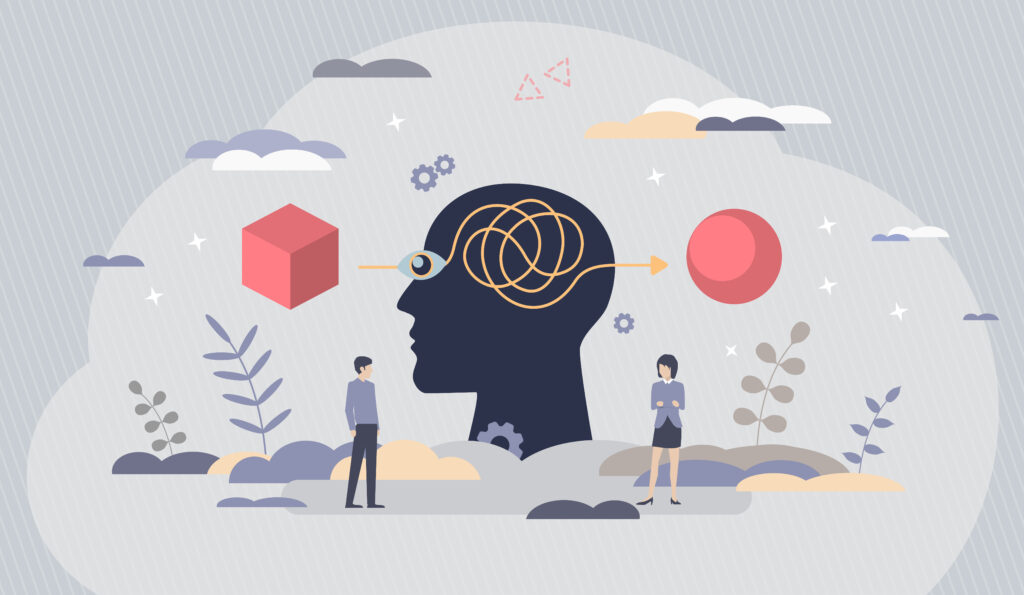Cognitive Biases in Decision Making: Investigating how cognitive biases influence human behavior and decision-making processes.

Human decision-making, a complex interplay of cognitive processes, is significantly influenced by cognitive biases—systematic patterns of deviation from norm or rationality. This exploration delves into the fascinating realm of cognitive biases, investigating how these inherent mental shortcuts shape human behavior and decision-making processes.
Introduction to Cognitive Biases: Cognitive biases are inherent tendencies in human judgment that can lead to deviations from rationality or objective reality. These biases, often rooted in heuristics or mental shortcuts, influence how individuals perceive information, assess risks, and make decisions.
The Impact on Perception: Cognitive biases profoundly affect how individuals perceive and interpret information. Biases such as confirmation bias, where individuals seek information that confirms their preexisting beliefs, can lead to distorted perceptions and reinforce existing cognitive frameworks.
Decision-Making Under Uncertainty: In the face of uncertainty, individuals rely on cognitive biases to simplify decision-making processes. Anchoring bias, for example, occurs when individuals fixate on initial information, anchoring subsequent judgments and decisions around this initial reference point.
Overcoming Ambiguity: Cognitive biases can be adaptive in navigating ambiguous situations. The availability heuristic, for instance, prompts individuals to rely on readily available information when making decisions, streamlining the decision-making process in the face of information overload.
Biases in Risk Assessment: Perceptions of risk are often skewed by cognitive biases. The optimism bias leads individuals to underestimate the likelihood of negative events befalling them, while loss aversion can result in risk-averse behavior, impacting financial decisions and strategic choices.
Social Influence and Groupthink: Cognitive biases are magnified in group settings, giving rise to phenomena such as groupthink. Social conformity, where individuals align their beliefs with those of the group to avoid conflict, is a manifestation of cognitive biases operating within social dynamics.
The Role of Emotional Influences: Emotions play a significant role in decision-making, and cognitive biases are intertwined with emotional responses. The affect heuristic, for instance, guides decision-making based on emotional responses, impacting choices related to risk, trust, and preferences.
Biases in Memory and Recall: Memory biases contribute to the distortion of past events and influence subsequent decision-making. The hindsight bias, where individuals perceive events as having been predictable after they have occurred, can impact learning from past experiences.
Mitigating Cognitive Biases: Recognizing and mitigating cognitive biases is essential for improving decision-making. Strategies such as mindfulness, diverse perspectives, and structured decision-making processes can help individuals and organizations navigate biases more effectively.
Implications for Professional and Personal Life: Understanding cognitive biases is not only crucial in professional contexts but also in personal life. Recognizing one’s own biases and cultivating cognitive flexibility can lead to more informed and rational decision-making in various aspects of life.
Conclusion: Cognitive biases, deeply ingrained in human cognition, exert a profound influence on decision-making processes. Unravelling the intricacies of these biases not only enhances our understanding of human behavior but also equips individuals and organizations with the awareness needed to navigate the complex terrain of decision-making more effectively. As we continue to explore the depths of cognitive biases, we gain valuable insights into the complexities of the human mind and the quest for more rational and informed choices.

















